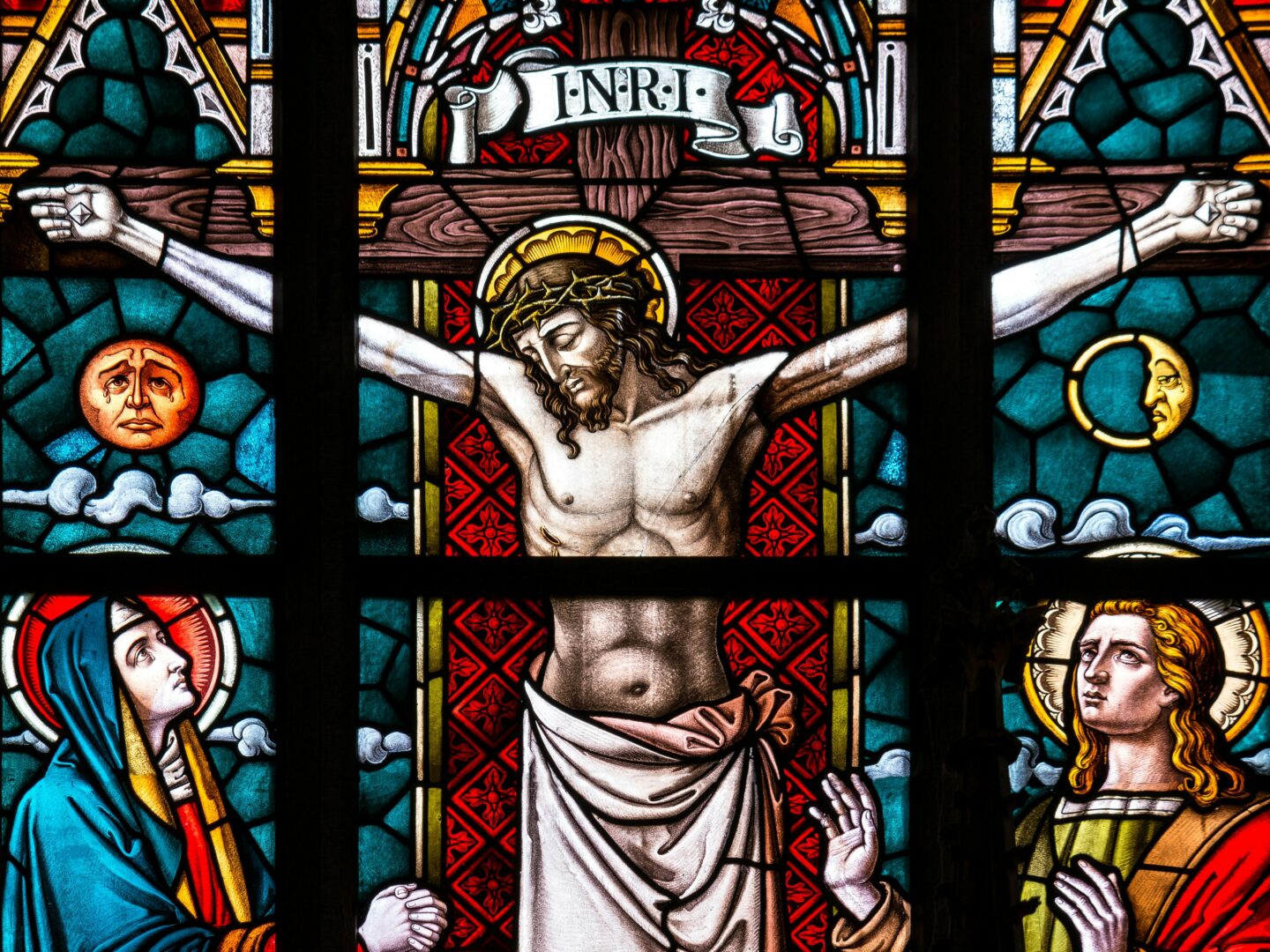One piece connects Texas Gov. Rick Perry with a previously unknown Christian group called “The New Apostolic Reformation,” whose main objective is to “infiltrate government.” Another highlights whacko-sounding Christian influences on Rep. Michele Bachmann of Minnesota. A third cautions readers to be afraid, very afraid, of “dominionists.”
As Rachel Maddow so sarcastically said of the New Apostolic Reformation on “The Rachel Maddow Show” on Aug. 10 : “Their goal, world domination, blah blah blah.”
This isn’t a defense of the religious beliefs of Bachmann or Perry, whatever they are. It’s a plea, given the acrimonious tone of our political discourse, for a certain amount of dispassionate care in the coverage of religion. Nearly 80 percent of Americans say they’re Christian. One-third of Americans call themselves “evangelical.” When millions of voters get lumped together and associated with the fringe views of a few, divisions will grow. Here, then, are some clarifying points.
Evangelicals generally do not want to take over the world. “Dominionism” is the paranoid mot du jour. In its broadest sense, the term describes a Christian’s obligation to be active in the world, including in politics and government. More narrowly, some view it as Christian nationalism. You could argue that the 19th- and early 20th-century reformers – abolitionists, suffragists and temperance activists, for example – were dominionists, says Molly Worthen, who teaches religious history at the University of Toronto.
Extremist dominionists do exist, as theocrats who hope to transform our democracy into something that looks like ancient Israel, complete with stoning as punishment. But “it’s a pretty small world,” says Worthen, who studies these groups.
Mark DeMoss, whose Atlanta-based public relations firm represents several Christian groups, put it this way: “You would be hard-pressed to find one in 1,000 Christians in America who could even wager a guess at what dominionism is.”
Certain journalists use “dominionist” the way some folks on Fox News use the word “sharia.” Its strangeness scares people. Without history or context, the word creates a siege mentality in which“we” need to guard against “them.”
Evangelicals aren’t of one mind. It’s true that in a general election, white evangelicals overwhelmingly vote Republican. But they are an increasingly complex blend of social and fiscal conservatives, and thus, are all over the map in the upcoming primaries. DeMoss, for one, is working to persuade evangelicals to vote for former Massachusetts governor Mitt Romney, a Mormon. Doug Wead, an insider in the George H.W. Bush White House, who allegedly coined the phrase “Compassionate Conservative,” is spinning for libertarian candidate Ron Paul.
Perry and Bachmann, in other words, can’t just assume the support of America’s evangelicals. And evangelicals, more likely than ever to have friends and relatives who are of other denomination, won’t automatically buy into a narrow world view.
Christian conservatives in America are not more militant than ever. Pat Robertson, a Christian minister, ran for president in 1988. Robertson was, actually, a dominionist. “There will never be world peace until God’s house and God’s people are given their rightful place of leadership at the top of the world,” he wrote.
Religious fervor waxes and wanes depending on the political climate. Election season mobilizes all interest groups. That includes Christian conservatives, who “thrive in a mindset of persecution,” says professor Worthen. The more their opponents paint them as freaky and dangerous, the more they see themselves as political activists on behalf of God.
